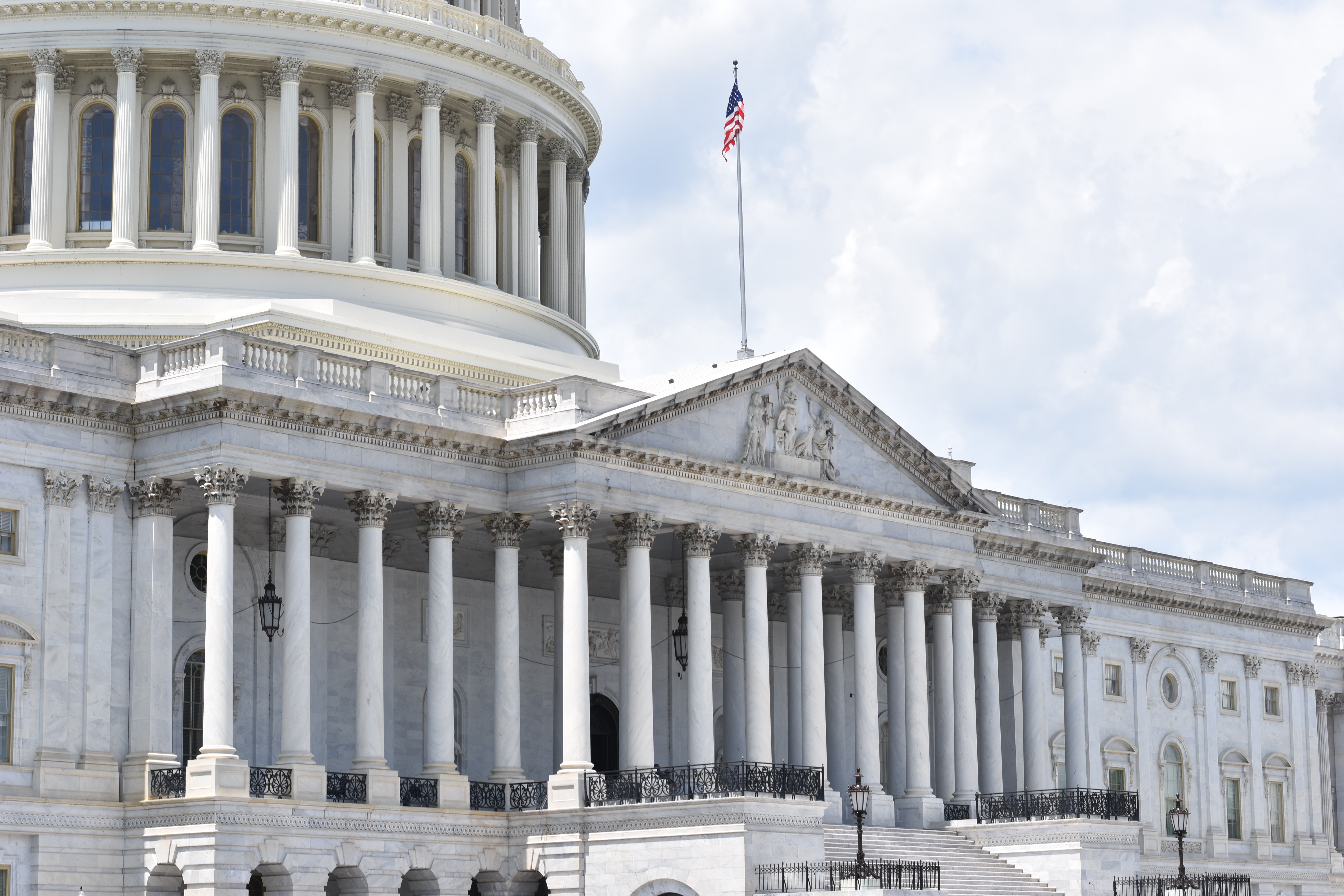
Book a call with an incentives expert to learn more.
Subsidy
noun /ˈsʌb·sə·di/ plural subsidies
A subsidy is a benefit given to an individual, business, or institution, usually by the government. It is usually in the form of a cash payment or a tax reduction. The subsidy is typically given to remove some type of burden, and it is often considered to be in the overall interest of the public, given to promote a social good or an economic policy.
As part of our effort to level the playing field and democratize access to these incentives, we want to help educate business owners on how they work.
Subsidies have been around since the founding of the United States, and are designed to help promote prosocial behavior and spur economic development. Each year, even pre-Covid, the US government sets aside over $100B to help businesses. Most of this money either goes unclaimed, or to large corporations that can afford to have teams of tax attorneys and consultants.
Covid has shown how important it is that we know how to actually build in America, from PPE to vaccines, and everything in between. The war in Ukraine, lockdowns in China, and dramatic swings in the price of shipping, fuel, and basic commodities underscores the strategic importance of a healthy domestic manufacturing ecosystem.
The objective of offering subsidies and government incentives to businesses is to encourage economic and community development through:
- Creating and retaining quality jobs;
- Broadening and diversifying the tax base;
- Encouraging capital investments;
- Increasing the region’s global competitiveness;
- Promoting the growth and welfare of the city and county;
- Reducing crime;
- Improving community reputation;
- Redevelopment of key neighborhoods;
- Encouraging regional cooperation;
- Education of the community about public benefits.
Book a call with an incentives expert to learn more.
Create Account